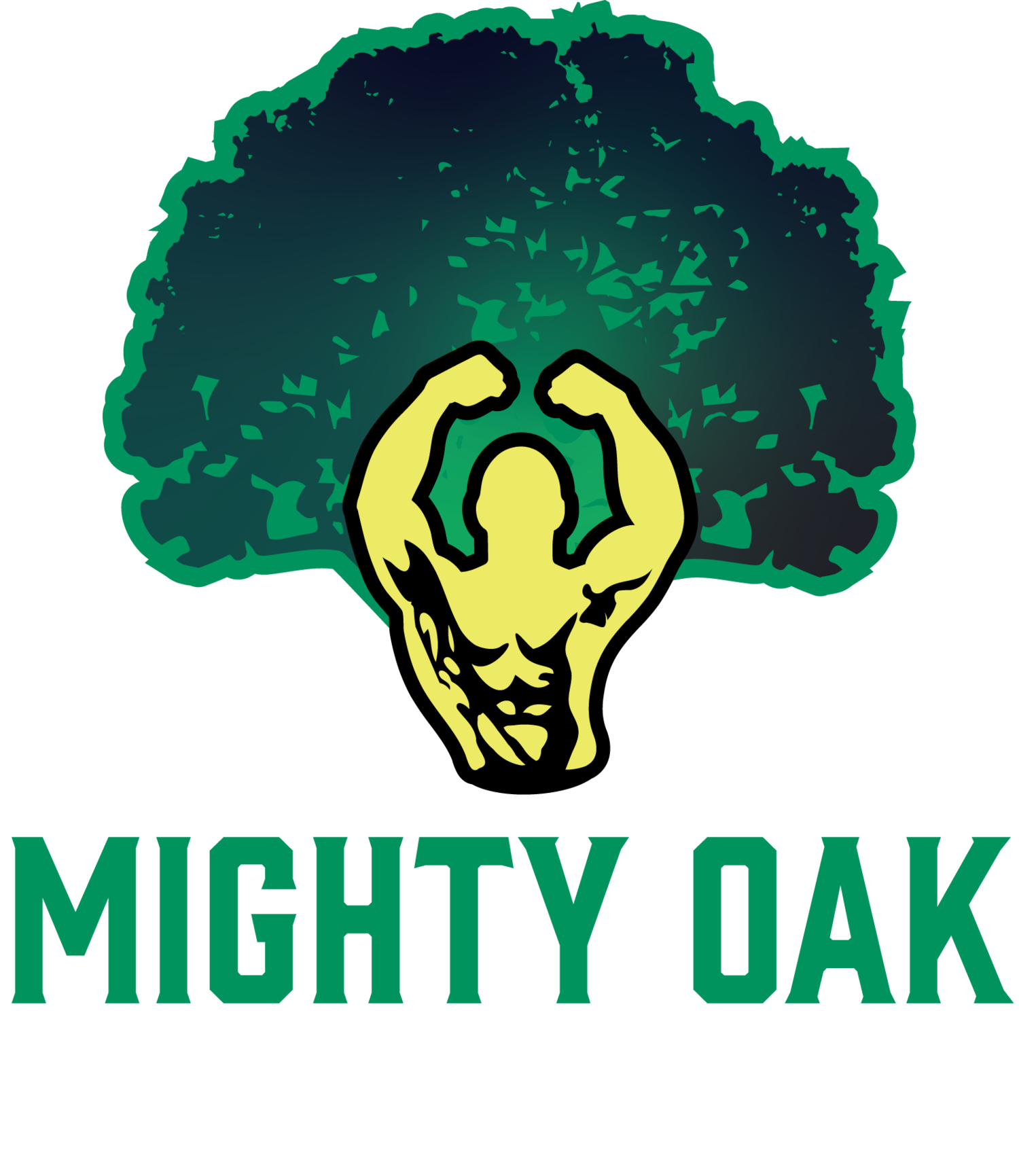5 Reasons Why Strength Training is a Game-Changer for Kids' Mental Health
Once upon a time, in a land where the Mighty Oak stood tall, there lived a little creature named Moki. Moki was a lively and playful being, but sometimes, he felt a storm of emotions brewing inside him that he didn't understand. He'd feel happy one moment, then sad, and sometimes scared or angry. The changing winds of his feelings often left him feeling confused and a little lost.
One day, the Wise Owl, known for her wisdom throughout the land, noticed Moki's troubled face. "Moki," she hooted, "why the long face?" Moki sighed and explained his dilemma to the Wise Owl. "I see," she replied. "It seems like you're going through what every young creature experiences. But do not worry, for there is a way to weather this storm."
The Wise Owl introduced Moki to the concept of strength training, explaining how it could help him make sense of his feelings and grow stronger, just like the Mighty Oak.
"Strength training," she began, "will help you feel less worried or sad. It's like a magical potion that releases happy bubbles, called endorphins, inside you, which can make you feel better."
She continued, "Growing up can be hard, just like it's hard for a seed to become a Mighty Oak. But strength training gives you a power, a belief in yourself. You see your own growth, and this helps you believe you can weather the changes that come with growing up."
"Moki," the Wise Owl said, "strength training can also bring you and your parents closer together. You see, while you're training and growing stronger, you're also spending time with them, building memories and bonding in a special way."
"Moreover," she added, "just as I am teaching you about strength training, it, in turn, will teach you important lessons - about setting goals, being disciplined, and persevering. These are lessons that will help you throughout your life."
Lastly, she explained, "by training at home, under the protective branches of the Mighty Oak, you create a safe and cozy space, a place where you feel secure and supported. This feeling of safety and routine can help you feel calm and in control, even when your emotions feel like a storm."
With each day of training, Moki began to understand his feelings better and felt a growing sense of strength, not just in his body but also in his heart. He began to see that like the Mighty Oak, he too could stand strong amidst the stormy winds of emotions, growing taller and stronger with each passing day.
Just like Moki, every child can harness the power of strength training to navigate the storm of emotions and grow into their mighty selves. And remember, just as Moki learned, it's okay to feel all sorts of different emotions - what's important is learning how to navigate through them and grow stronger each day.
References:
Llenas, A. (2015). The Color Monster: A Pop-Up Book of Feelings. Sterling Children's Books.
Wegner, M., Helmich, I., Machado, S., Nardi, A. E., Arias-Carrion, O., & Budde, H. (2014). Effects of Exercise on Anxiety and Depression Disorders: Review of Meta-Analyses and Neurobiological Mechanisms. CNS & Neurological Disorders - Drug Targets, 13(6), 1002-1014.
Faigenbaum, A. D., & Myer, G. D. (2013). Pediatric Resistance Training: Benefits, Concerns, and Program Design Considerations. Current Sports Medicine Reports, 12(3), 161-168.
Walsh, A. (2019). Fitness in the family: The impact of parents on the fitness behaviors of children. ACSM's Health & Fitness Journal, 23(1), 35-39.
Lubans, D.R., Richards, J., Hillman, C., Faulkner, G., Beauchamp, M., Nilsson, M., Kelly, P., Smith, J., Raine, L., & Biddle, S. (2016). Physical Activity for Cognitive and Mental Health in Youth: A Systematic Review of Mechanisms. Pediatrics, 138(3), e20161642.

